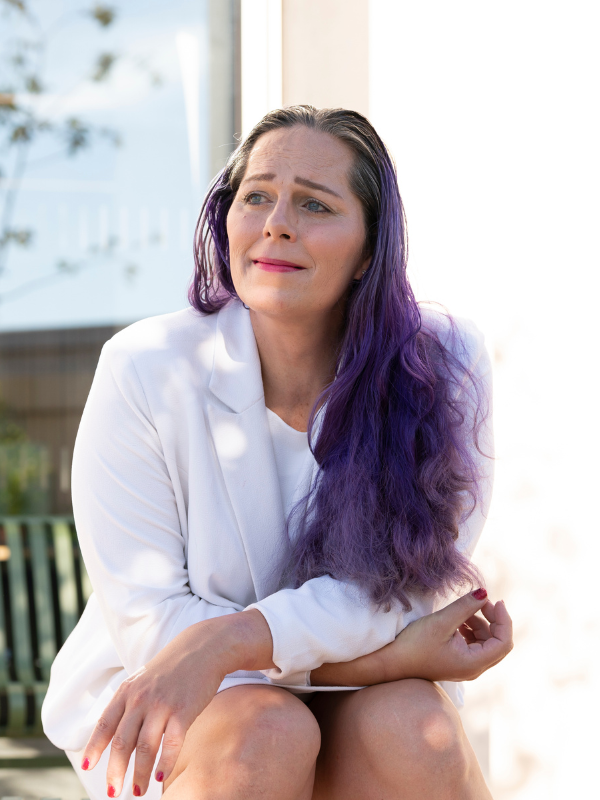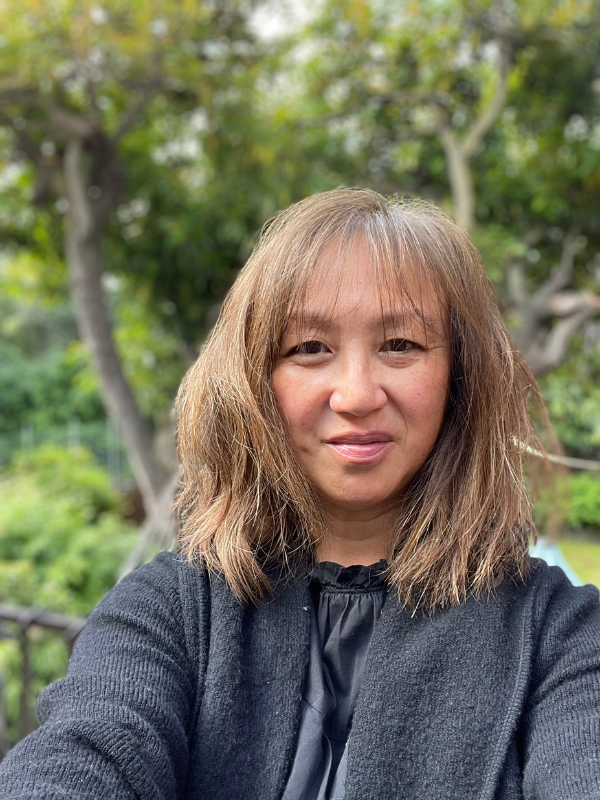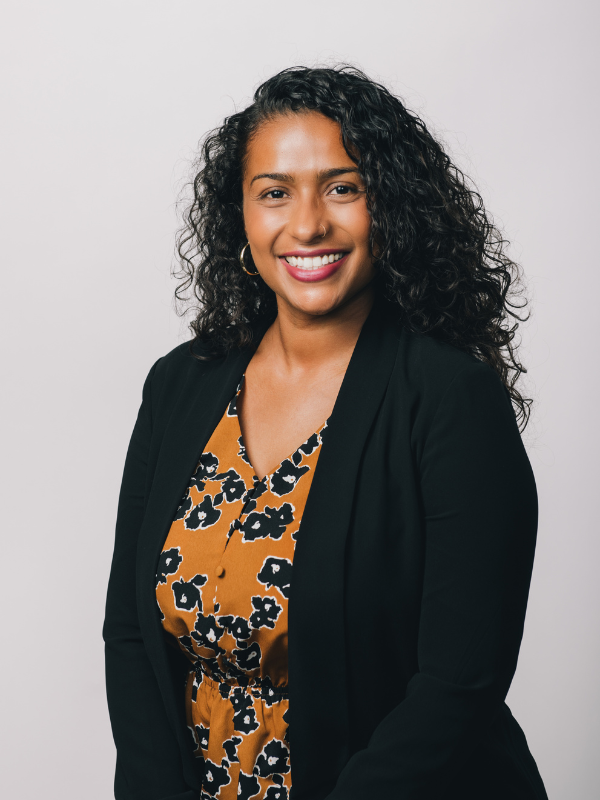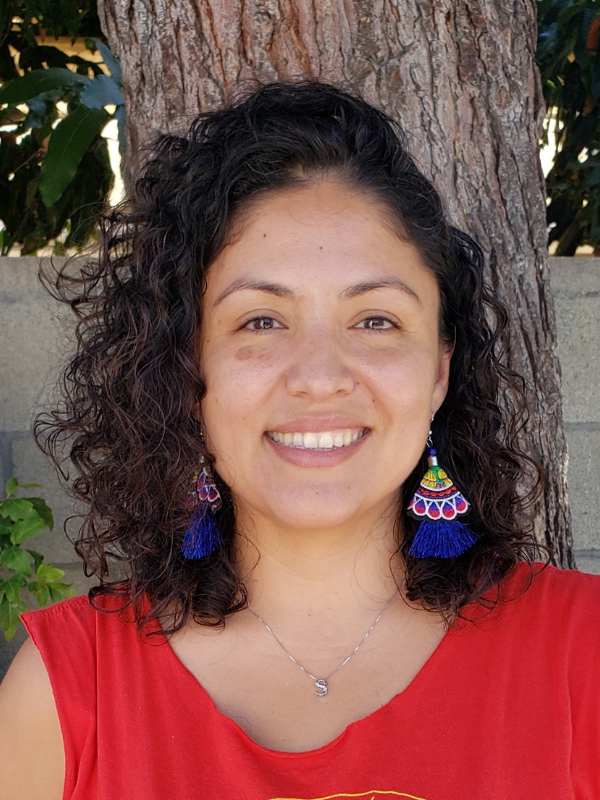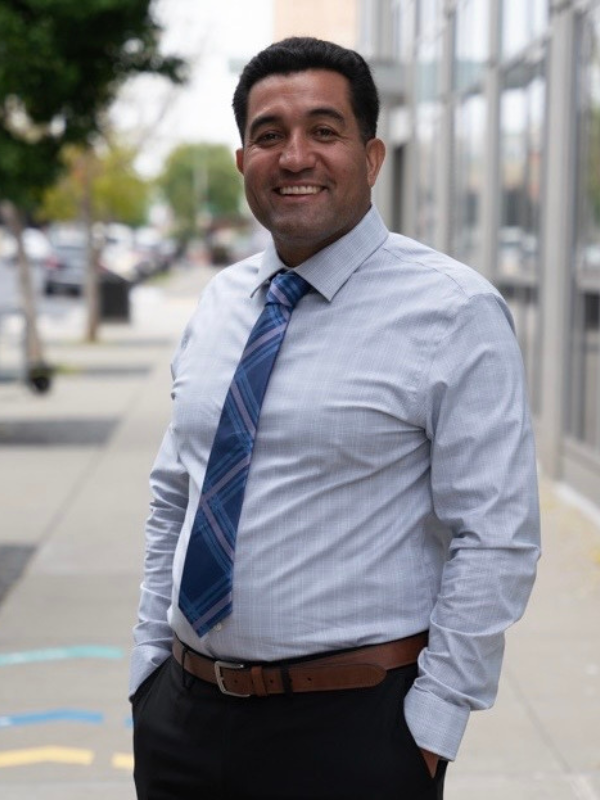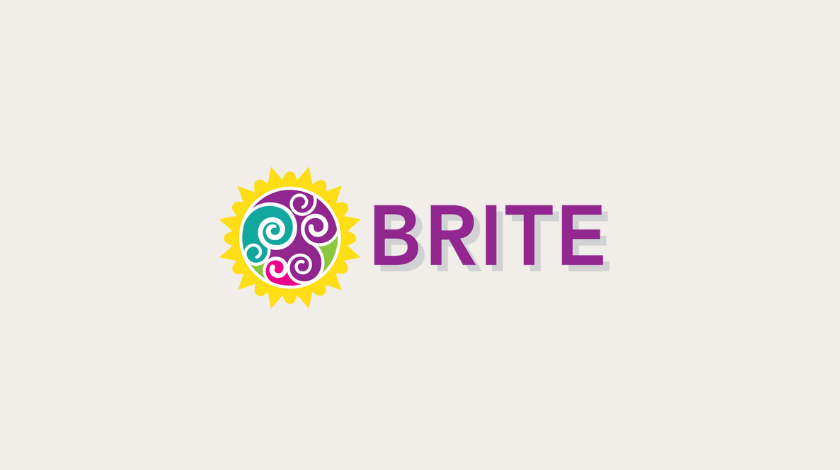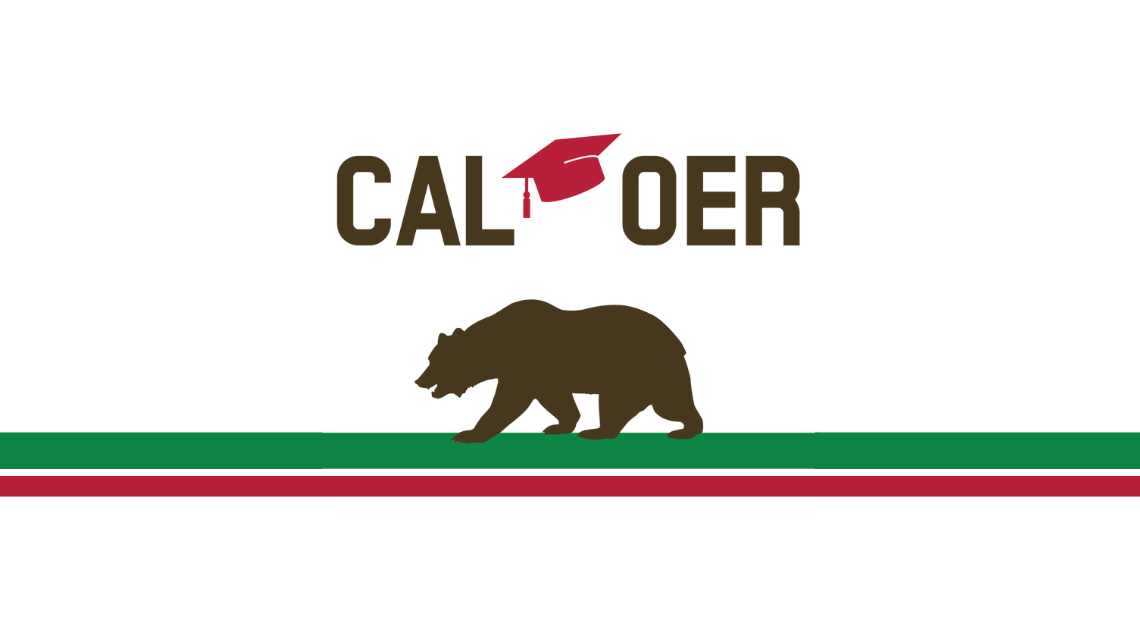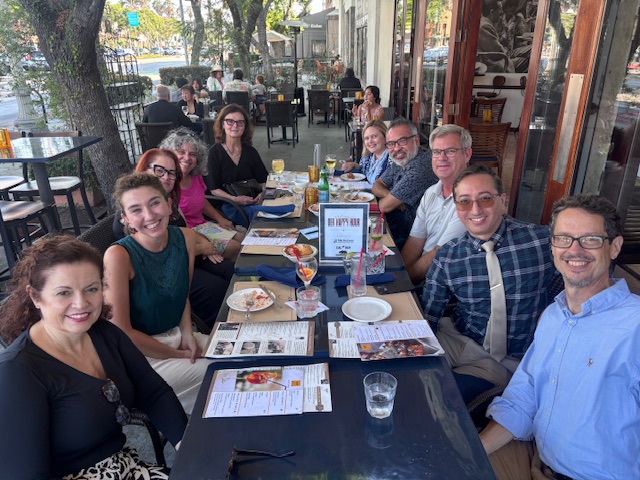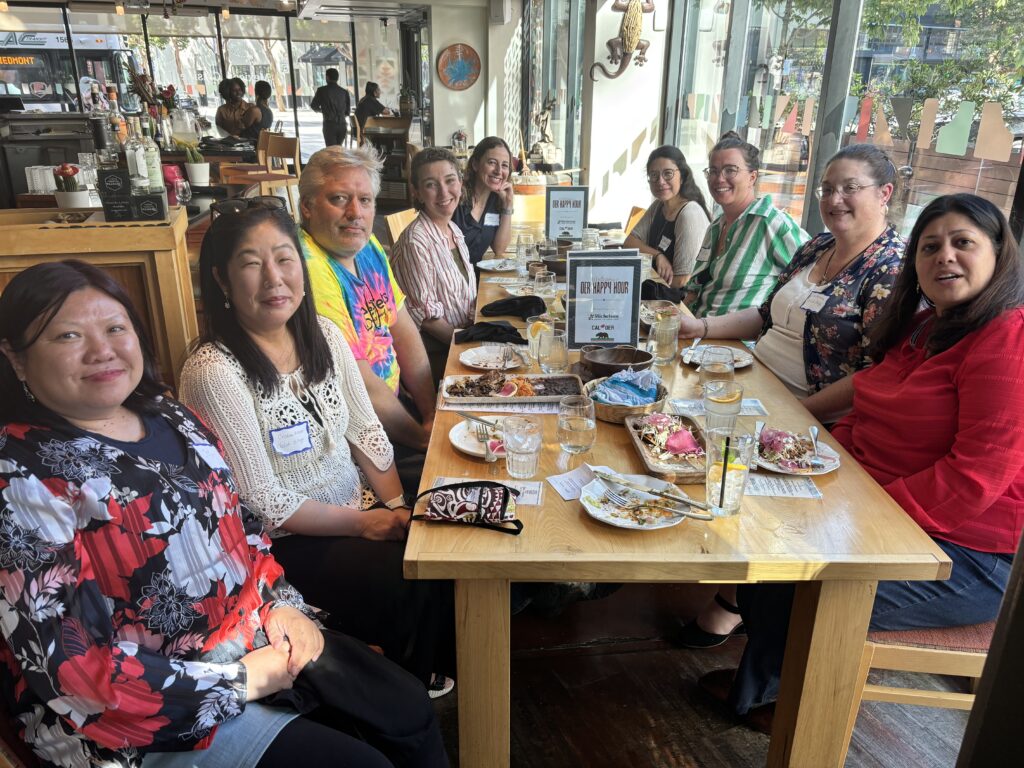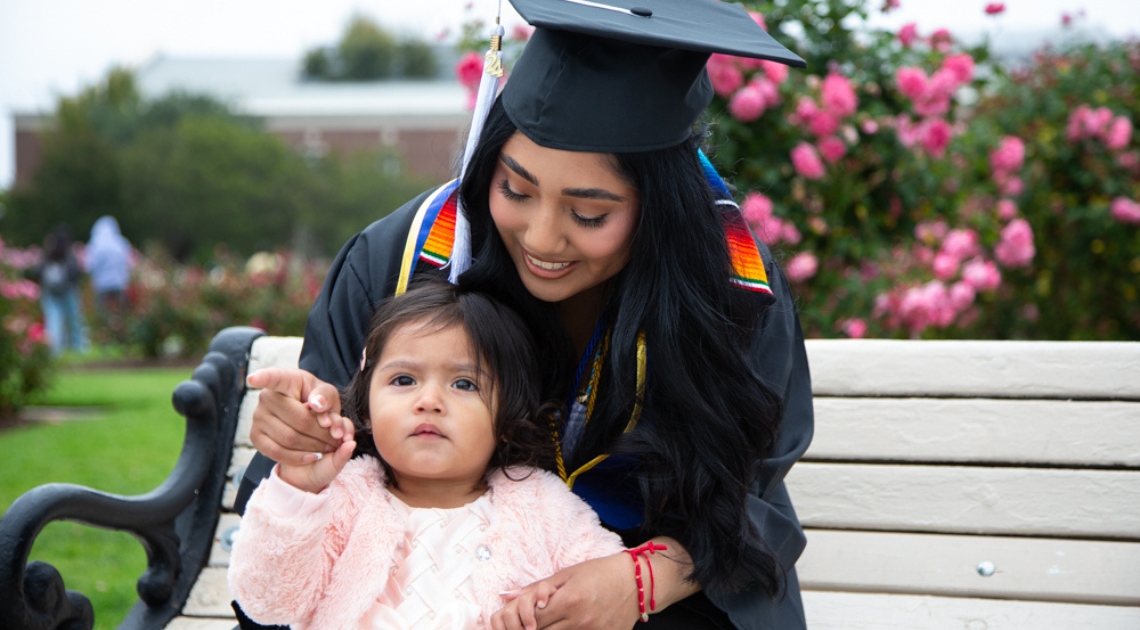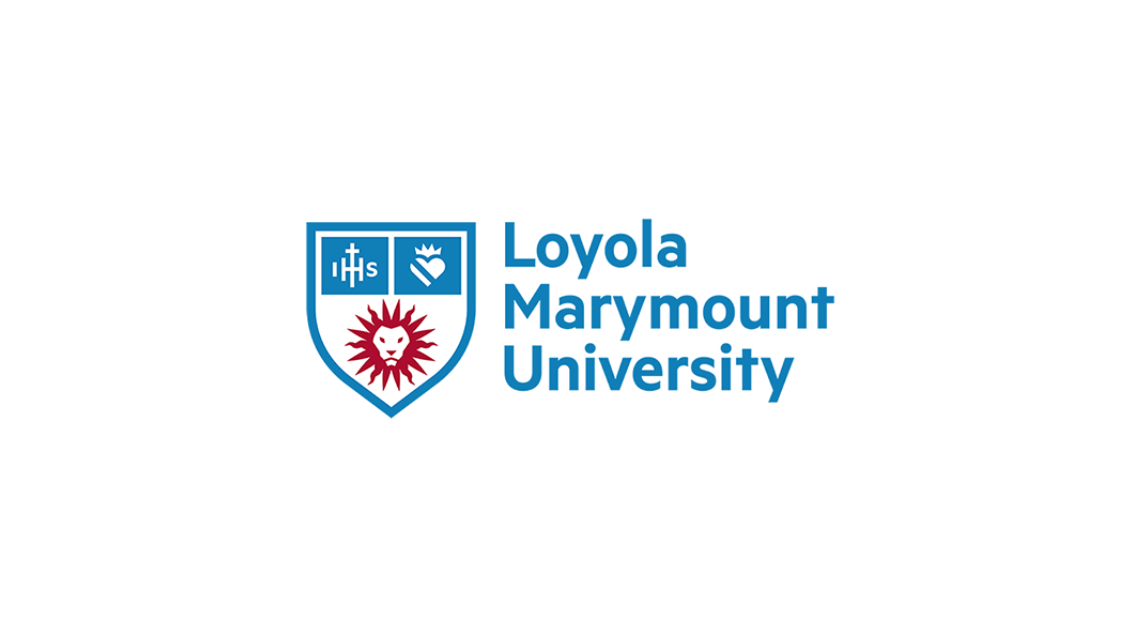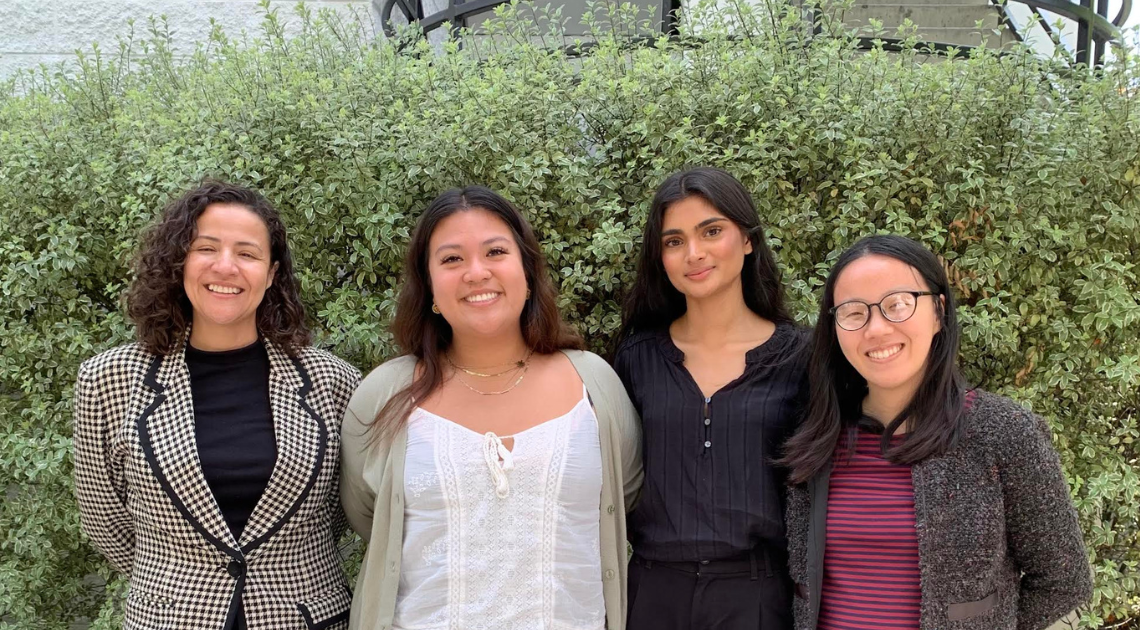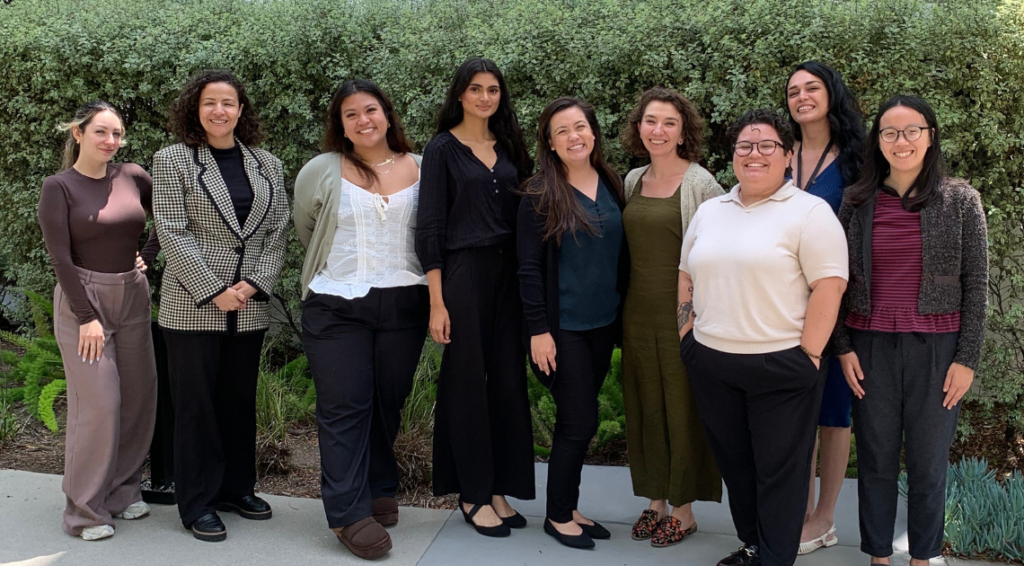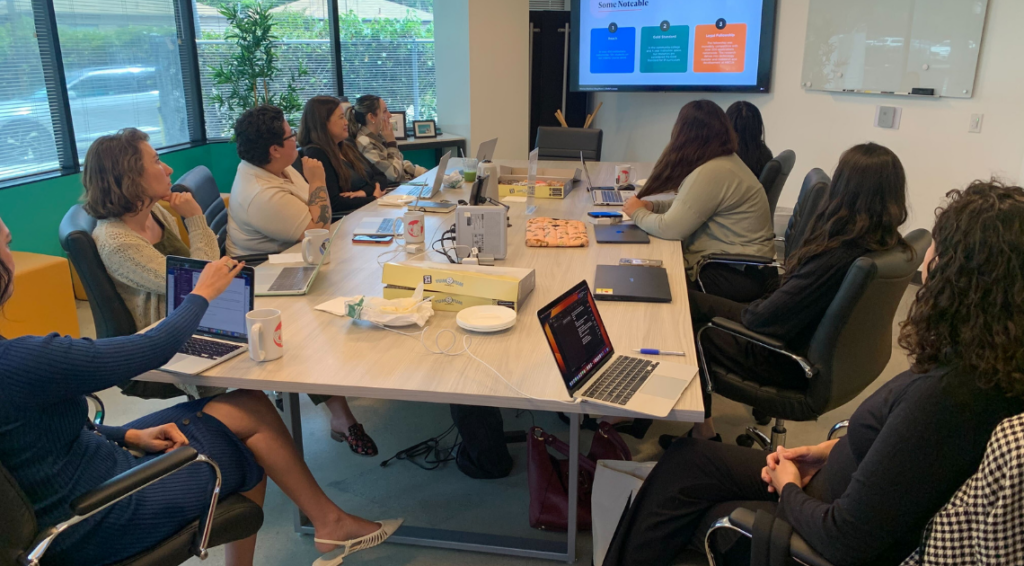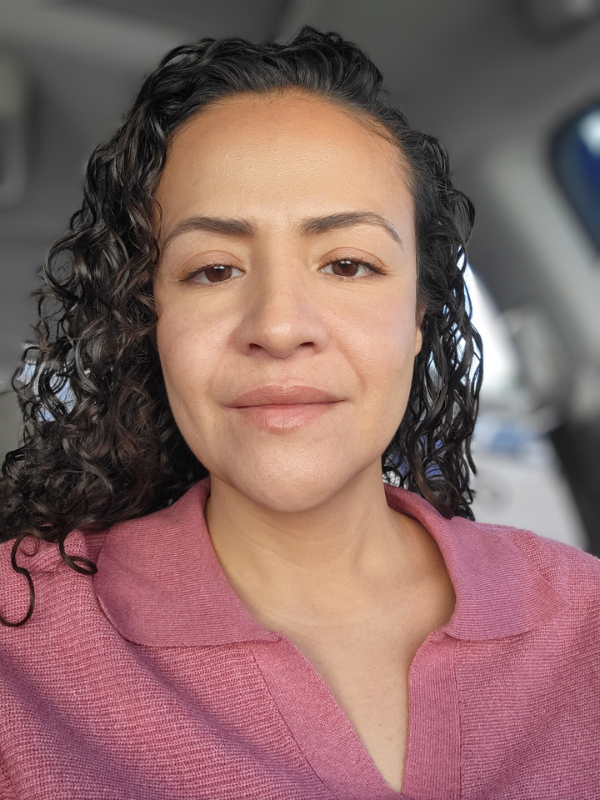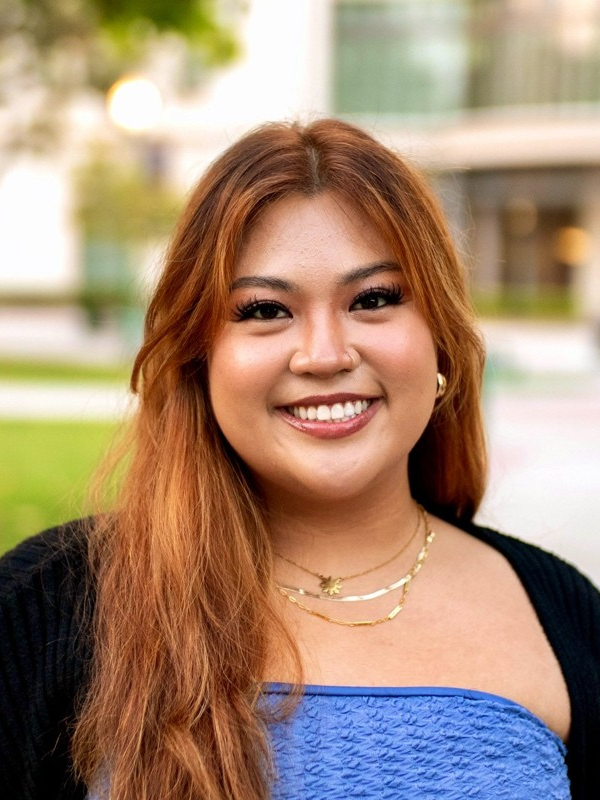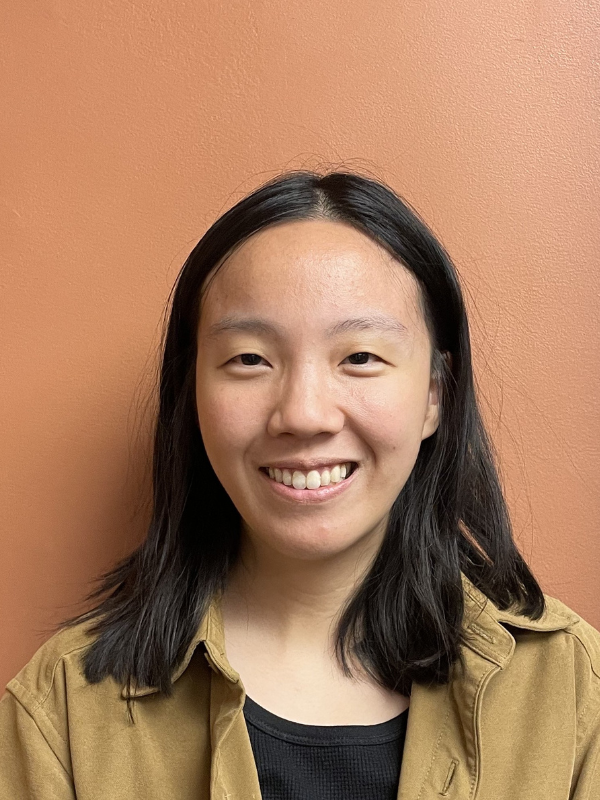By Evelyn Lucho
The Student Parent Summit 2025: Innovate, Implement, Inspire brought together nearly 300 advocates, practitioners, researchers, and student parents for two days of learning, connection, and action. This year’s summit marked the largest gathering yet. It created space to both celebrate progress and deepen commitments to advancing equity for student parents in higher education.
The summit began in San Luis Obispo with an afternoon of GAINS Act Office Hours and a Drop-In Networking Lounge focused on the implementation of this bill across institutions. The energy carried into the opening reception, which welcomed a record 177 participants, including advocates, practitioners, student parents, and their families.
A Keynote Rooted in Lived Experience
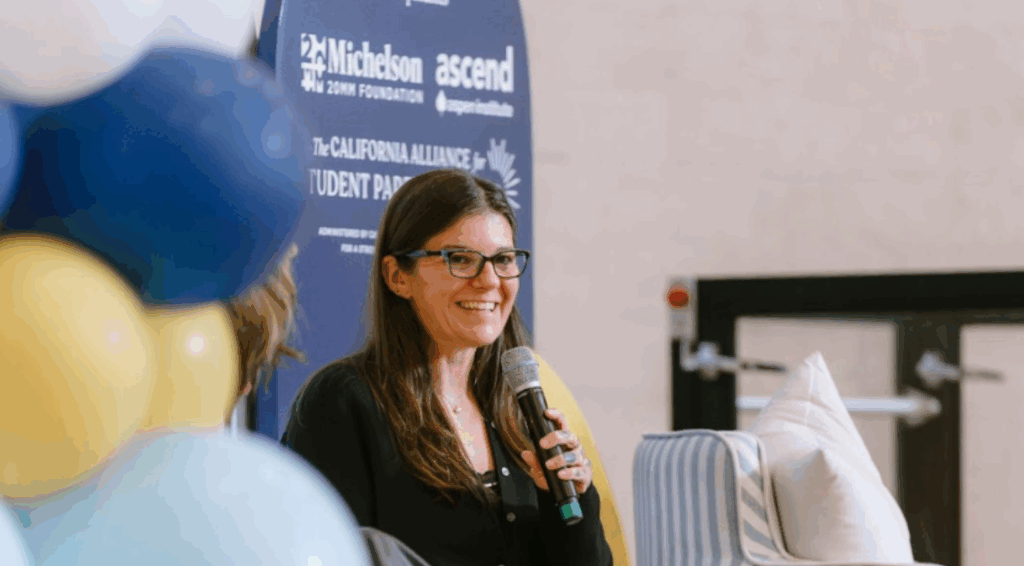
The first full day opened with an unforgettable keynote by Stephanie Land. She is the New York Times bestselling author of Class and Maid, which was adapted as a Netflix series, and a former student parent. In a raw and moving conversation, Land spoke candidly about the barriers she faced as a parenting student and the determination it took to pursue her education while raising her daughter. Her story deeply resonated with the audience and served as a reminder that policy and programmatic solutions must always be grounded in the lived realities of those most impacted.
Action-Oriented Sessions
Throughout the summit, participants engaged in sessions tailored for a range of California’s higher education landscape across all three public systems. Sessions emphasized the institutionalization of student parent programs and initiatives as well as the development of practical, actionable solutions that attendees can implement. From sharing innovative campus practices to spotlighting systemwide initiatives, discussions focused on building sustainable supports for parenting students. At the same time, the conference underscored the importance of addressing the unique needs of each campus and system.
There are many passionate and dedicated practitioners working to advance student-parent success. This year, we were honored to celebrate and recognize two of them with the Innovate Award; one institution with the Implement Award; as well as one advocacy organization and three student parents with the Inspire Award for their efforts.
Family Voices at the Center
The summit closed with a multigenerational family panel, which featured current and former student parents and their children. Their collective voices served as a powerful reminder of the importance of creating supportive, equitable, and accessible systems. Such systems must recognize and honor their dual roles as caregivers and scholars. Panelists recounted the barriers student parents face inside and outside of the classroom. The conversation also highlighted the experience of navigating higher education with young children.
“I was embarrassed to take my baby to math class; now here she is, sitting with me at a panel,” panelist Kalisha Gomez of Riverside City College shared. It was truly inspiring to witness what is accomplished when inclusive spaces make room for students to show up as their authentic selves and are embraced by the community.
Ground the Summit in Student Voices
Andrea Lara Jara, Michelson 20MM’s Student Fellow for Basic Needs and a student parent herself, joined us at the summit. Andrea recounted the experience as a space for student parents and institutions to sit together and look closely at both the barriers and the possibilities.
After attending a session, Andrea reflected on the honest and innovative conversations. One thing that stood out to her was how the discussion on data collection moved beyond compliance to consider trauma. Participants recognized that peer-to-peer approaches can not only strengthen data collection but also center student-parent voices to guide systemic change toward equity. Additionally, the multigenerational panel was a highlight for Andrea as she shared that the panel “welcomed children into the space. It showed how parents move through higher education with their families, not apart from them.”
The conversations and connections sparked at the Student Parent Summit highlighted the power of coming together to drive change. As we celebrate Student Parent Month, we honor the voices and leadership of student parents who continue to inspire change across California and beyond.
About the Michelson 20MM Foundation
Michelson 20MM is a private, nonprofit foundation working toward equity for underserved and historically underrepresented communities by expanding access to educational and employment opportunities, increasing affordability of educational programs, and ensuring the necessary supports are in place for individuals to thrive. To do so, we work in the following verticals: Digital Equity, Intellectual Property, Smart Justice, Student Basic Needs, and Open Educational Resources (OER). Co-chaired and funded by Alya and Gary Michelson, Michelson 20MM is part of the Michelson Philanthropies network of foundations.


